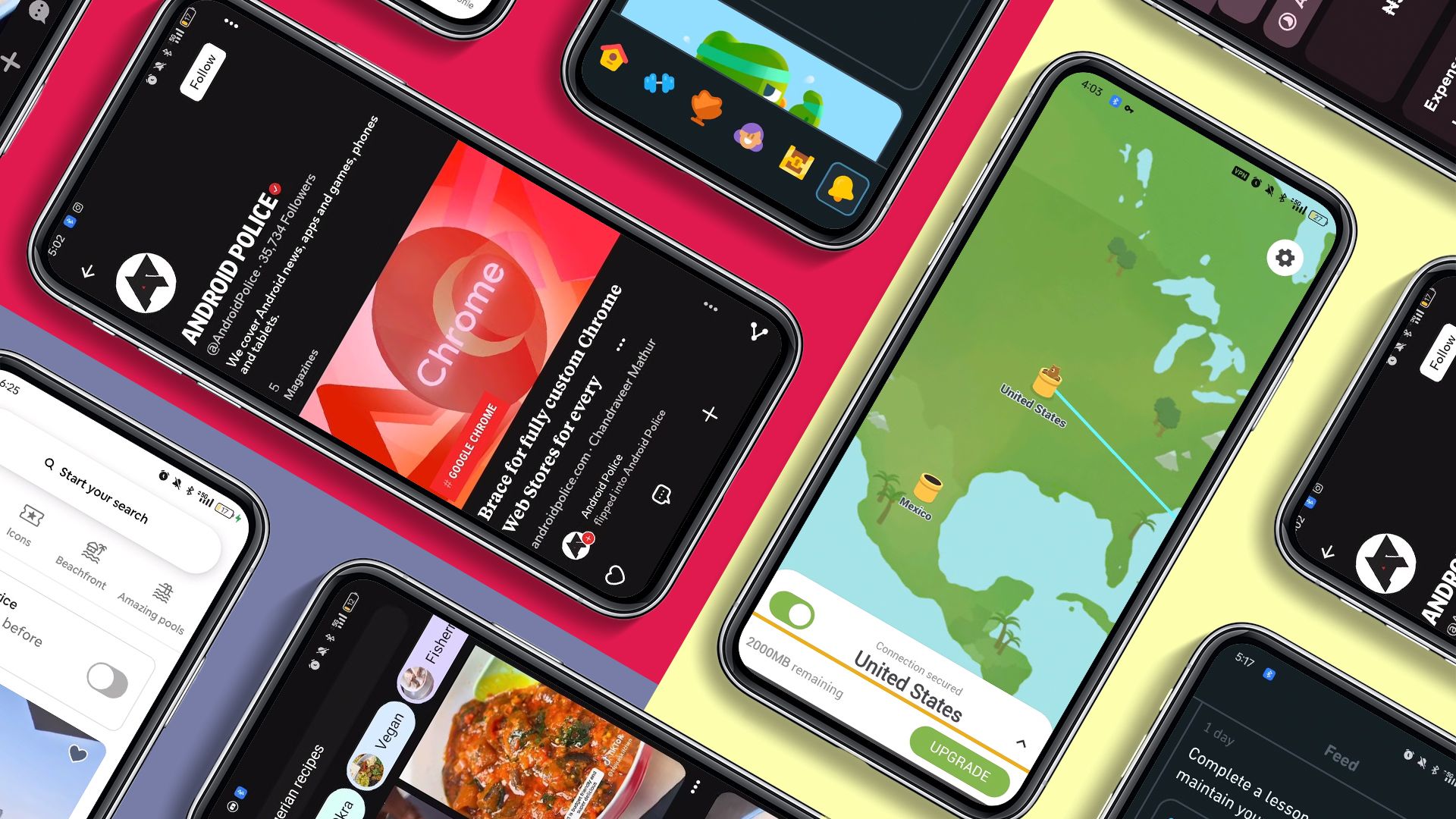A super app combines services and apps that users can access in one big app (hence the name “super app”). An analogy would be Amazon Prime Video, accessed via Fire TVs, Amazon’s premium streaming offerings, and online/in-app. On Amazon Prime Video, you can subscribe to a set of channels and services without leaving the app. A super app works similarly. It’s an all-in-one platform experience. It sounds handy and great for the user experience, but why hasn’t it made its way over to the US? We review what a super app is and why it hasn’t gained traction in the US and other countries.
What is a super app, and where did it come from?
We know that super apps are a collection of services and other apps that compose a platform. The idea behind a super app is to give you a seamless all-in-one experience without leaving the platform. Super apps’ services and integrated apps can range from product purchases to food delivery. However, these apps are largely networking-focused and have the backing of high user engagement to steadily keep them afloat. A common theme of super apps is that they include social networking/media.
Super apps store and share a ton of user data that companies can access to tailor recommendations/advertisements and conduct market research to improve apps/services.
Super apps have existed since WeChat (Weixin in Chinese), a Chinese super app by Tencent, launched in 2011. For example, the WeChat app offers social features (like video messaging and calling), in-app transactions, and personalized mini-programs. The Chinese super app boasts around 1.3 million billion monthly users. WeChat is considered one of the top super apps, but it also remains at the top because the “everything app” has very little competition in China.
The closest to WeChat in the West would be Facebook, but even then, Facebook is far more limited in what it offers in comparison. Though we can see Facebook Marketplace and Instagram Shopping are examples of features you’d include in a super app, it’s not so far-fetched to see another company, like Meta, push this idea forward to gain a monopoly. In 2023, Elon Musk discussed evolving X (formerly Twitter) into a super app. However, even if the remnants of one exist, many factors need to be considered before a super app can successfully take off, which we discuss later.
What are the common super apps?
Super apps are most popular in Asia. The top super apps are from China, Indonesia, and Vietnam. WeChat is dominant in China, but Grab and Gojek have made their rounds in Southeast Asia. Below, we’ve listed the common examples cited in online publications.
Despite being a common theme, super apps are not exclusively mobile apps. They can also exist as web applications, though some of the most successful super apps are primarily accessed on mobile. That is mainly because mobile devices are essential in Asia (in 2016, 72% of South Koreans ages 11-12 owned a phone and spent 5.4 hours a day on it).
The smartphone culture is enormous and only keeps growing. It makes sense to encompass important services like transportation, shopping, and banking in a single place, unlike in the US, which has dedicated (and usually optional) apps for these types of services.
Why haven’t super apps taken off in the US?
There is no definite answer to why it hasn’t taken form in the US. We can only speculate why based on the primary goal of a super app. Super apps are meant to grab users’ attention and keep them on the platform. These apps are also designed to lower the barrier to making payments. Most super apps are financially driven.
One common derivative is that super apps mostly include digitized spending. But most of all, they exert a certain amount of control due to how centralizing they are. These apps are designed to be ones that users cannot “live without” in the digital space.
Source: Venmo
Super apps harvest user data
Another factor is that these apps dominate the market, which would add more concern and worry, especially with the government, since you potentially share a lot of sensitive information and data. Plus, there’s the issue of antitrust laws. Super apps could breach the US government’s values, which might be something platform holders wouldn’t want to navigate while establishing a super app.
Dan Prud’homme, an assistant professor at Florida International University’s College of Business, spoke about the difficulty of establishing a super app (like WeChat) in the US:
“There are still very strong protections on things like peer-to-peer lending, data privacy, antitrust and so on that don’t allow the apps in the U.S. to quite thrive in the same way that WeChat could.”
Plus, a super app would have to compete with a plethora of platforms. The US has trustworthy payment apps like Venmo, PayPal, and Zelle. So, you’d have to pry users away from using these already established apps in favor of the one super app, which might not have the same level of security these peer-to-peer payment platforms have shown. The other issue is that consumers are already accustomed to a multi-app experience, so putting too much into another app could make the experience more awkward and complicated.

Related
The next antitrust investigation that could shake up Google as we know it is underway
This time, courtesy of the UK’s CMA
The US isn’t ready for a super app
The concept of a super app is interesting, but it is not practical in the West. The antitrust laws are tighter, and these apps would likely not receive the same amount of government support. The US has recently placed some Chinese app makers on a watchlist. Right now, it seems like establishing a super app in the US is nothing more than a pipe dream.





